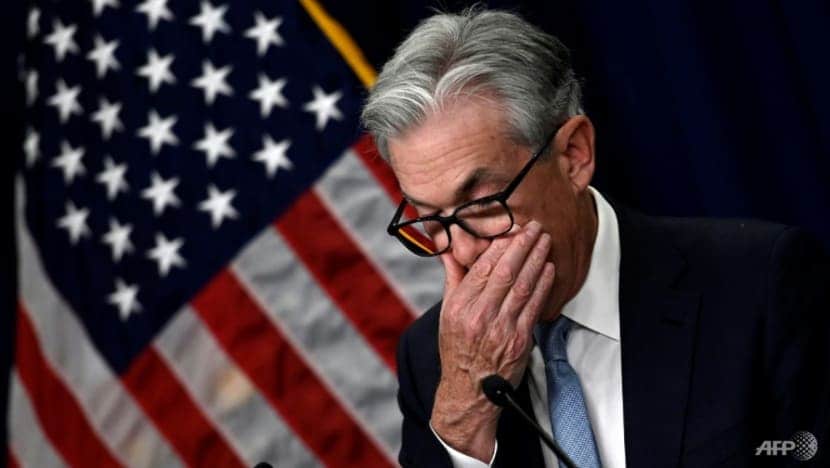
The scorching-hot July jobs report raises the risk of a full-percentage point interest rate increase when the Federal Reserve meets in September as policymakers try to crush inflation and cool the labor market, according to Citigroup economists.
Citigroup strategists led by Andrew Hollenhorst wrote in a Monday analyst note that the surprisingly strong jobs report, coupled with faster-than-expected wage growth, could “make a 75 basis-point hike in September very likely and raise the potential for further super-sized increases.”
A 100 basis-point increase would be the first of its size since the Fed started announcing moves in the overnight federal funds rate in 1994 and would put the benchmark range between 3.25% and 3.50%.
“Our base case remains for a 75 basis-point hike in September, but we would not be too surprised by a 100 basis-point hike if core inflation comes in stronger than expected,” he wrote.
U.S. employers unexpectedly added 528,000 jobs in July, the Labor Department said Friday, a surprisingly strong gain that defied fears of a slowdown in labor markets as they confront scorching-hot inflation and rising interest rates. Wage growth also accelerated, surging by 0.5% in the one-month period from June.
But the blowout jobs report, coupled with higher-than-expected wage growth, could ultimately pave the way to a third consecutive interest rate hike of 75 basis points – triple the usual size – when Fed policymakers meet in September.
Traders are already pricing in a 70% chance of another super-sized increase in the fall, according to the CME Group’s FedWatch tool, which tracks trading.
Policymakers approved the second straight 75 basis-point hike in July and hinted in their post-meeting statement that additional increases are likely in the coming months as they remain “strongly committed to returning inflation to its 2% objective.”
Chairman Jerome Powell said during his post-meeting press conference that another 75 basis-point hike could be appropriate in the future, but that it ultimately hinges on upcoming economic data. That includes the July jobs report and forthcoming reports on inflation and consumer expectations regarding inflation.
“We’re going to watch the data and the evolving outlook very carefully and factor in everything and make a decision in September about what to do,” Powell said. “I’m not really going to provide any specific guidance about what that might be. But I mentioned that we might do another unusually large rate increase, but that’s not a decision that we’ve made at all.”